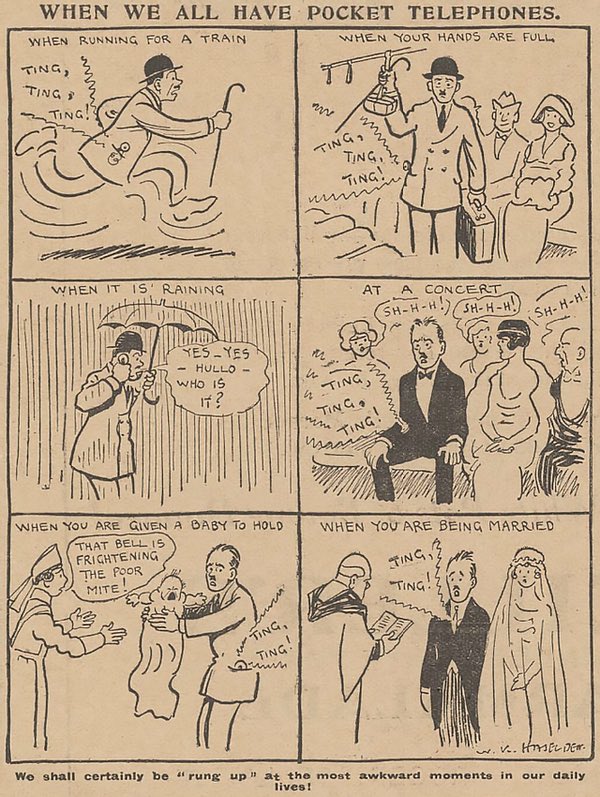That morning at mass, I was miles away and completely unaware — 8:30 mass and not at all crowded — when I came to and stood and saw a hand reaching out for mine from my left, in the pew in front of me. It was Our Father time.
I took the hand with my left, holding on to the pew with my right. This matters. I don’t fall down a lot, in fact not at all lately, in part because I do not ask too much of my balance. But the guy two rows up, having grasped his friend’s hand with his left, was leaning back, looking at me and extending his right — across an entire pew.
I tried to shake him off, but he persisted, and I finally had to stage-whisper, “Too far!” He pulled back, but by then I was not saying The Lord’s Prayer very well, in fact not at all, having narrowly missed a dangerous balancing act.
The prayer was over in a few more seconds, I dropped the hand to my left and put both hands on the pew in front, breathing a sigh. In a minute, the handclasp of peace. The woman whose hand I’d held, having witnessed my shaking off the man’s hand, put hers out tentatively. I grasped it gingerly, fingers to fingers, having incipient arthritic issues and being in general not the hand-shaker I used to be.
And of course I had to do the same for the guy two rows in front, including a wink and a nod as salve to whatever feelings I had hurt (none, I decided), and that was that for my going-the-extra-mile worship procedures for the day.
Oh yes, I’m afraid I didn’t meet the searching eyes of the woman giving communion as she seemed to expect, so that our souls might if ever so briefly coincide and commune, because, I must confess, my chief interest was in Jesus, with whom I was trying desperately to make contact. (I can walk and chew gum at the same time, but some dual performances escape me.)
I know I am to see Jesus in my neighbor, but if you don’t mind, I’m going to take that as my neighbor I meet on the street or at a meeting or party or in my house when I wake up in the morning and look across the bed, rather than at communion time, when I am refueling my soul for such encounters, which are where the rubber hits the road as far as neighbor-love is concerned.
In any case, I got in my “Amen” for her, I think even before she said her piece, and she placed the host on my palm.
Back I went to my pew, hands not folded but at my sides, for balance’ sake. It’s better that way. The high-wire man does not hold his hands folded in front, and neither do I returning from communion.
Meanwhile, the kissing for peace continues as strong as ever, in its handshaking incarnation and — it happened to me one morning — in a two-hands-slapped-on-shoulder from the parish deacon who had left the altar in vestments and sought me out as I sat in a back row off to the side, kneeling with one hand over my eyes trying my best to look absorbed.
Intent on his mission, he climbed into the seat in front of me and did the shoulder attack. I will have to keep eyes open so I can a least dodge this fellow or another of his ilk, determined as he was to give me religion.
He also changed “Go, the mass is ended” to “Go, the mass is never ended.” Wow. Amateur night and day at th olde parish church. When all is said and done, however, he is less to be blamed than the devil-may-care approach to decorum in the American church in these years of Paddy-bar-the-door approach to Mass and everything else liturgical.
He had apparently considered me a threat to public order and had to chastise me publicly, for a first in 21st-century North American Catholic ministerial thuggishness.
Along similar, if not assault, lines, was Father Quirky, who regularly subbed out official wording for his own while saying mass. For instance, saying “friends” for “disciples,” “God’s” for “His,” raising his voice to tell worshipers this is how to talk. Mass after mass. Eventually a solid core of worshipers, barely paying attention, say it his way.
Introduces gospel according to Matthew, not Saint Matthew, etc., making points with low-information parishioners, never explaining himself or otherwise calling attention to it. Would spoil things. He had the mike, we didn’t. Again, Paddy bar the door.
